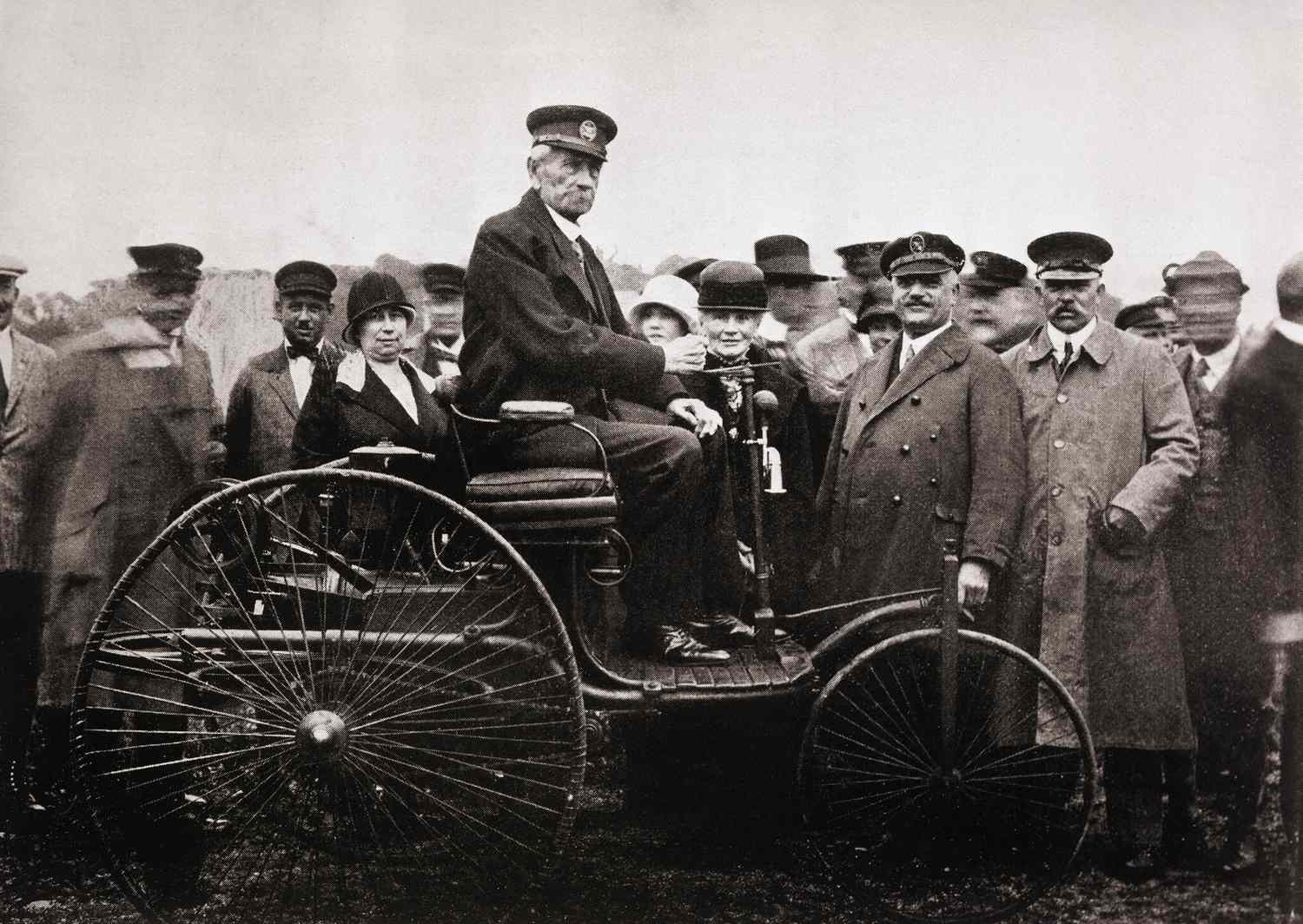The United States stands as the largest automobile consumer market, driven by both a substantial population and a high-income level, leading to strong car demand. A common misconception over the years has been that the automobile was first created in the U.S.
Contrary to this belief, Karl Benz, a German engineer, secured the first patent for a vehicle in 1885. However, it was American manufacturers that transformed car production into a thriving industry by introducing market incentives that propelled its growth.
Historically, American consumers gravitated toward large, high-performance vehicles, prompting manufacturers to tailor their production accordingly.

Over the past thirty years, the dominance of American-made cars has diminished, with German and Japanese automakers introducing more cost-effective and high-quality alternatives.
The industry faced severe challenges in the past two years due to the global financial crisis. This raises the question: why do American consumers lean toward imported vehicles?
Also Read: Hydrogen-Powered BMW X5 Set for Launch with Toyota Tech
Fewer Issues in Manufacturing
There is a widespread belief that American-made cars tend to experience more issues upon leaving the showroom compared to German and Japanese models.
Industry experts estimate that domestic vehicles have a 20% higher likelihood of defects than their foreign counterparts. Quality control remains a concern, leaving consumers with little choice but to opt for imported alternatives.
A new car owner may find themselves dealing with minor inconveniences, such as malfunctioning power windows or an unreliable CD player, within the first few months. Although improvements have been made, American models still lag in reliability when compared to foreign competitors.
Durability
Longevity is another aspect where foreign vehicles tend to outperform American models. Industry professionals suggest that a Japanese vehicle of the same price range can provide between 200,000 and 400,000 miles, whereas its American counterpart often reaches only around 100,000 miles.
As a result, consumers seeking better value for their money tend to favor foreign brands, which not only last longer but also require fewer repairs over time.
Fuel Efficiency and Cost-Effective Design
American vehicles are not just costly; they also consume more fuel. Over the past twenty years, rising fuel prices have placed an increasing financial burden on car owners, prompting many to reconsider their vehicle choices.
Consumer preferences have shifted away from large, fuel-intensive luxury cars in favor of smaller, more economical models.
Advancements in technology have allowed Japanese manufacturers to incorporate high-end features into compact vehicles, offering an appealing combination of efficiency and comfort. This allows American buyers to enjoy luxury without the excessive fuel costs.
Greater Model Selection
Foreign car manufacturers provide a broader range of models compared to American automakers. Toyota, for instance, offers an extensive lineup designed for a variety of needs.
This level of diversity gives consumers more options, ensuring they can find a vehicle that aligns with their specific preferences and requirements without being limited by what domestic manufacturers have to offer.
Delayed Market Adaptation
In recent years, American automakers have demonstrated the ability to produce smaller, fuel-efficient cars. Companies such as Ford and Chevrolet have successfully introduced compact models that have gained traction in the market.
However, a key issue lies in the slow response to evolving consumer preferences. Domestic manufacturers have been late in adapting to move driven by fluctuating gas prices and growing environmental concerns.
Also Read: Toyota MR2’s Return Appears All but Certain
Consumer Perceptions
A long-standing perception regarding American automobiles continues to affect their reputation. Many consumers remain convinced that domestically produced cars are inferior to their foreign counterparts.
This persistent belief has made it difficult for even high-quality American models to gain widespread acceptance. As a result, locally manufactured vehicles that match the standards of imported cars often struggle to receive the same level of recognition.
Future Considerations
There are various factors contributing to the growing preference for foreign cars among American buyers. As modern demands reshape the market, domestic automakers have faced increasing challenges.
However, Toyota, the leading supplier of foreign vehicles in the U.S., has encountered major problems in recent years, including large-scale recalls that have damaged its brand image. The long-term impact of these issues on domestic car sales remains uncertain.

